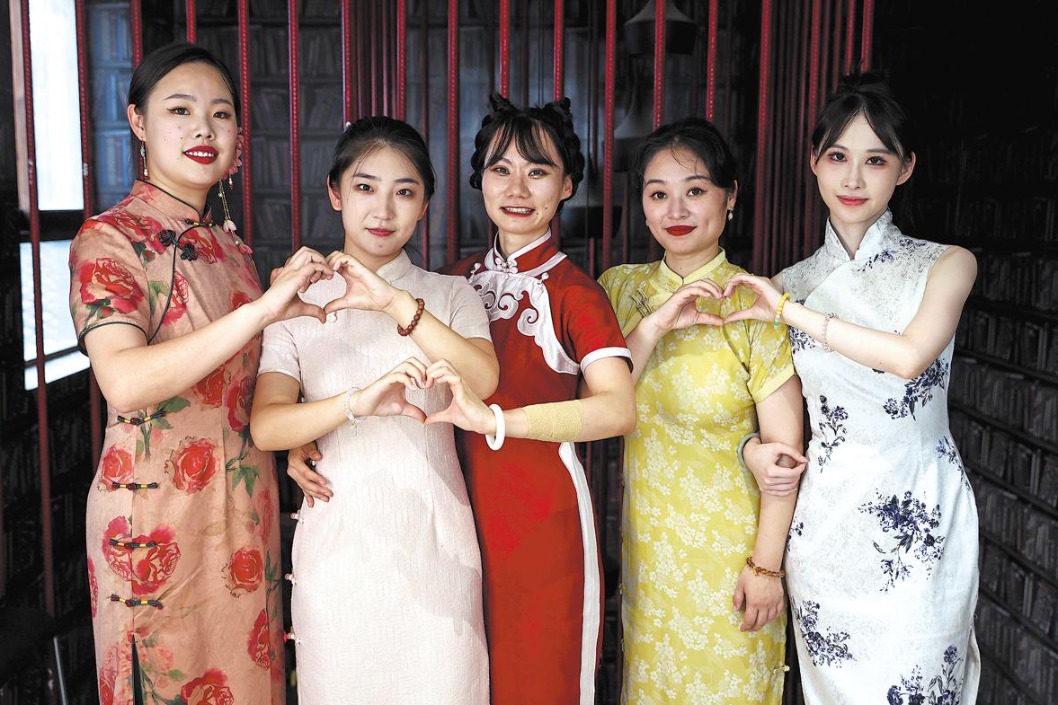The city that is more than just a metropolis of modernity


Greater engagement
"Compared with reading books or watching documentaries, tourism offers a more engaging way for residents to learn about history," Su said.
He pointed out that tourism resources in each district have their own characteristics. For example, sites in Yangpu district in the north, where docks and factories were once situated, offer a glimpse into movements initiated by workers.
By contrast, Huangpu district, where the Party's founding members lived and worked, is an ideal place to explore the history of the Party's founding and its initial development.
"Historic resources have been born out of, and closely integrated with, local cultures," said Yao Fei, associate professor of history at Shanghai Normal University.
Shikumen buildings-a style featuring Western and Chinese elements-were often used to host the CPC's revolutionary activities. They are among the main attractions for tourists, Yao added.
"Cooperation between Shanghai and other cities in the Yangtze River Delta should be fostered to gather resources because many founding members of the Party came from the delta. It will become an important tourism asset for the region," he said.
To promote these sites, an official online map developed by the government last year shines a spotlight on 99 venues in the city and offers information related to their history and architecture.
Many sites have introduced new offerings to enhance the visitor experience. For example, the Memorial of the Site of the Fourth National Congress of the Communist Party of China in Hongkou district uses holography to present a scene in which Party delegates are holding a conference.
In Pudong New Area's Xinchang town, the three-story building that was once used as a secret communication station for Party members allows visitors to role-play as revolutionaries and experience movie-like scenes.
Interpreters at some sites have also tailored their interaction with visitors based on demographics.
"For foreign audiences, for example, we get to know their nationalities and professional backgrounds so we can highlight the key points they may be familiar with," said Li Xintong, an interpreter with the communications and education department at the Site of the First National Congress of the Communist Party of China.
"We also use simple words and games to pique the interest of children and offer them a platform to use their imaginations. We hope the kids will love their hometown more after the visit."























